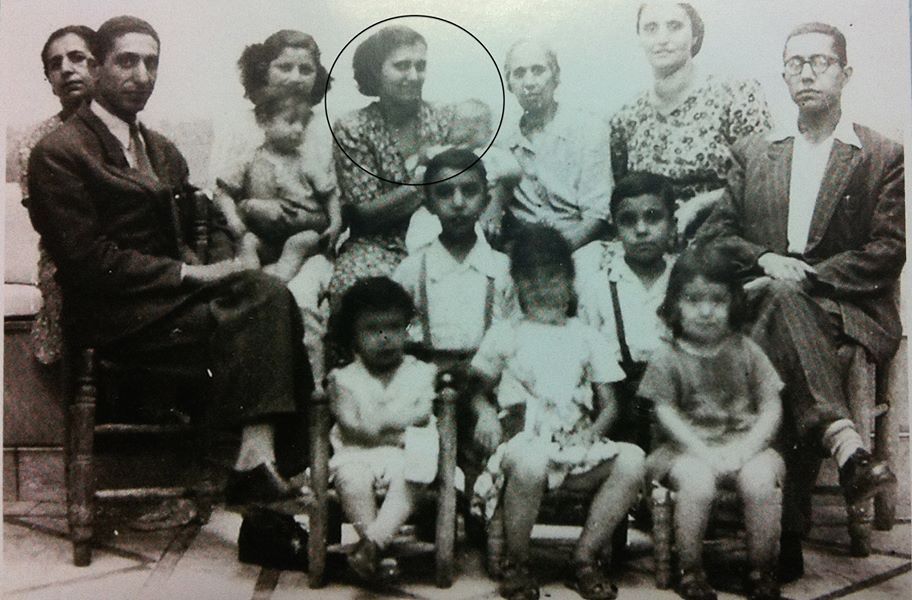In the early years of the establishment of the State of Israel, thousands of families of Yemeni Jews and other Mizrahi communities (Jews from the Middle East and North Africa) were placed in temporary transit camps.
During this period, many parents, after giving birth in hospitals or visiting medical centers, were informed of the sudden death of their newborns without being shown a body, death certificate, or burial site. Families believed their babies were alive and had been abducted by Israeli authorities to be given to Ashkenazi (European Jewish) families who were childless.
This crime, known as the Yemenite Children Affair, involves between 1,000 to 4,500 documented cases of missing infants, which to this day remain shrouded in state denial and ongoing family efforts to uncover the truth.
In 2017, Efrat Mazor (62) submitted her DNA sample to the genealogy company MyHeritage. She had spent thirty years searching for her sister, Varda—a baby her mother had only breastfed once after giving birth at an Israeli hospital in 1950.

The nurses claimed the infant had died, but the family never received a body or death certificate. In January 2018, a DNA test confirmed that Varda Fuchs (68), who had been raised by an Ashkenazi family of German descent, was Efrat’s sister. The two became symbols of hope for a community that has been screaming the truth of its suffering for decades. Varda says: “I always felt I was Yemeni, not Israeli.”
The pattern in reports is horrifying: Mothers in transit camps (ma’abarot) who gave birth in overcrowded hospitals or entrusted their children to daycare centers were told their babies had died suddenly or been transferred to a hospital—never to be seen again. Bracha Nadav, a survivor of this ordeal, recounts how her mother screamed until her dying day: “They stole my child!”
In 1994, the issue reached a boiling point when Rabbi Uzi Meshulam staged a protest. Armed with a group, he barricaded himself inside a synagogue for 45 days, demanding a state investigation. Police killed one of his followers, Meshulam was imprisoned, and the media labeled him a conspiracy theorist.
A new generation of Yemeni activists has now taken up the fight to uncover the truth. Neama Katia (42) and Shlomi Hatuka (40) founded the organization AMRAM, which has collected over 800 testimonies from affected families. Katia believes the Israeli government at the time sought to create a new generation detached from so-called “primitive” communities, comparing these actions to Australia’s policies against Aboriginal people and Canada’s Sixties Scoop. Hatuka, referencing his grandmother’s story, says: “When she refused to give up one of her twins for adoption, they told her days later that one had died. She couldn’t believe a Jew would do such a thing.”
To this day, the Israeli government denies any systematic kidnapping, dismissing it as administrative errors during the chaotic early years of statehood. However, in 2016, it declassified some documents, raising hopes for transparency.
DNA testing, as in the case of Mazor and Fuchs, has also become a powerful tool for proving family connections. Yet, for many survivors, the pain remains unhealed: Mothers lived with deep wounds until their last days, and today’s youth ask why the government still refuses to even offer a simple apology for this crime.
The New York Times


